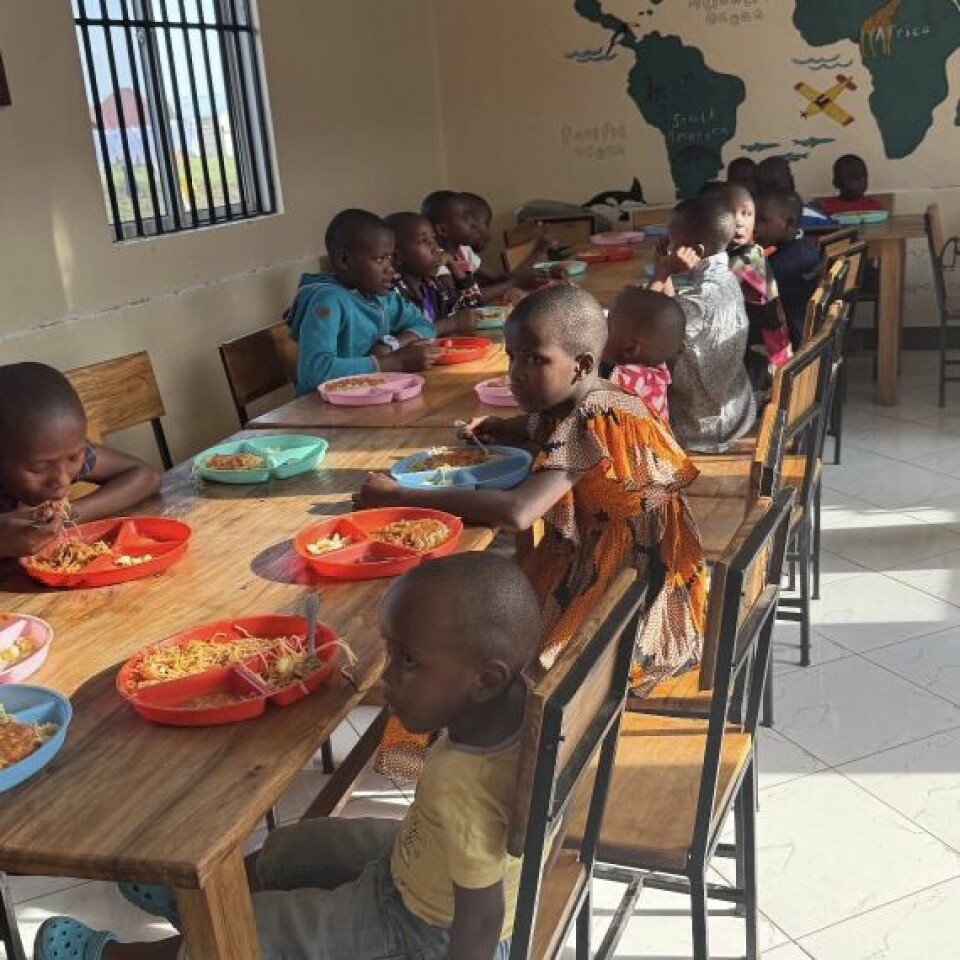‘Street children can become leaders too’, says Tanzanian school principle.
Tanzanian primary school principal says with love, food, and life skills, schools can transform street-connected children into future leaders.

The Tanzanian government has launched a nationwide initiative, to address In poverty and social struggles that push many children onto the streets.
Dorothy Gwajima, The Ministry for Community Development, Gender, Women, and Special Groups launched the Children in Street Situations (CiSS) program in the Port City of Dar es Salaam, this Monday.
The initiative will first roll out in the cities of Dar es Salaam, Dodoma, and Mwanza, focusing on education, vocational training, and life skills, to address the high prevalence of street connected children.
Ms Gwajima noted that street children were among the most at-risk population, and are more at risk of experiencing physical, sexual and emotional violence.
“Every child, regardless of background or circumstance, deserves protection, care, and the opportunity to reach their full potential,” said Ms Gwajima at the launch.
The United States Agency for International Development (USAID) Kizazi Kipya project found that 6,393 children were living and working on the streets in major towns in Mainland Tanzania during the day and 1,385 during the night, in 2022.
USAID found that Dar es Salaam has the largest number of children living and working on the streets.
Dibogo Kitang'wa, Director of Huruma Orphanage in Dar es Salaam says, “There are a lot of street children in Tanzania, due to the hardships of life, marital conflicts, irresponsible parents, early pregnancy and death.”
The program aims to reduce the number of children forced to survive on the streets by addressing both immediate needs such as safety, food, and shelter and long-term solutions, including education and family support.
Mr Kitang'wa adds that “we should focus on the root causes” while also working to locate the child’s family “so that we can empower them both.”
Arufani Ernest, Principal at Sombetini Primary school believes that the intervention of CiSS could help break the cycle of poverty.
If the program fosters “access to school and study, they can even later become leaders in various fields”, Mr Ernest says.
He highlights that many street- connected children lack something less visible, love.
“Often when they are in school, they lack basic necessities such as food, exercise books, and even love from their parents”.
Mr Ernest says, “If the school principal and teachers treat them as their own children, they will not feel the loneliness of their parents”.
The effectiveness of the CiSS program is still being monitored, with its long-term impact on reducing the number of street-connected children yet to be seen.
With government support and community action, the CiSS program is working towards an ambitious goal: ensuring that no child is left behind simply because of where they were forced to begin their journey.































